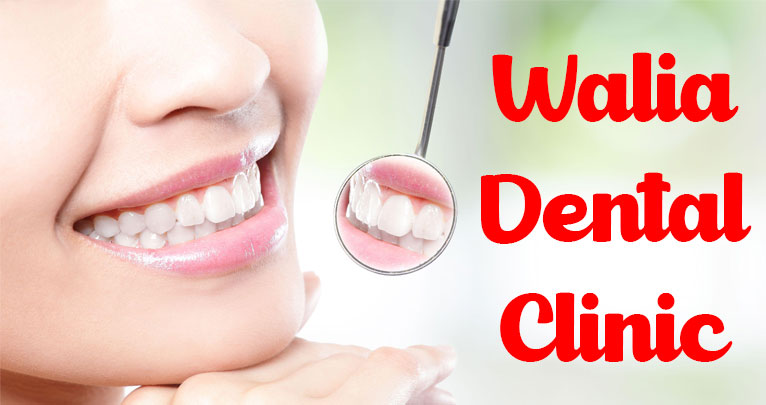 |
|
|
|
Teeth
Grinding |
|
Do you have any of the
following symptoms?
A sore, tired jaw
►Dull headaches
►Earaches
►Sensitive teeth
If so then you may be one of the many
people who grind or clench their teeth. This
is called bruxism and may happen at any
time. You may not even be aware of doing it,
especially if you do it while you sleep
which is very common. The causes are not
entirely clear, however stress is often the
reason considered.
Damage to your teeth and mouth can result
from teeth grinding. If you suspect or know
that you do this, it is important to see
your dentist. They will evaluate your teeth
and help to identify a possible cause for
the habit.
The damage that can come from bruxism
includes: |
|
|
1. Chipped enamel
2. Flattened, grooved, worn-down teeth
3. Loosened teeth
4. Cracked teeth
5. Jaw muscle or joint problems
6. Tooth loss |
 |
|
You should discuss with
your dentist the best treatment for your
problem. There are a number of common
treatments frequently used. These include
mouth guards, stress reduction, medication,
and then fixing damaged teeth.
A mouth guard is a
plastic device that fits over your teeth. It
protects them from grinding damage. It is
worn at the times when you are most likely
to grind your teeth. The guard is custom
made to fit your mouth and may fit over your
top or bottom teeth. It is important to wear
it exactly as your dentist instructs and to
care for it properly. |
|
This care includes: |
|
►
|
Rinsing the guard before wearing
it and after removing it from
your mouth. |
|
►
|
Brushing it gently with a
toothbrush and toothpaste or
liquid soap after removing it. |
|
►
|
Soaking it in water when you are
not wearing it, unless told
otherwise. |
|
►
|
Soaking the guard in denture
cleaner every so often to help
keep it fresh. |
|
►
|
Checking your guard for signs of
wear and showing it to your
dentist at each checkup. Guards
may wear down and need to be
repaired or replaced. |
|
If stress is suspected as
the cause for your teeth grinding, then
reducing stress may help relax your jaw
muscles and make grinding less likely. Your
dentist may suggest regular exercise or
other ways to reduce stress.
In certain cases medication may be given to
help relieve sore muscles or reduce stress.
Finally, if there is damage to your teeth,
your dentist can discuss ways to fix them.
Crowns and onlays are two ways to fix
damaged teeth. |
|
|
|
|
|
|
|
